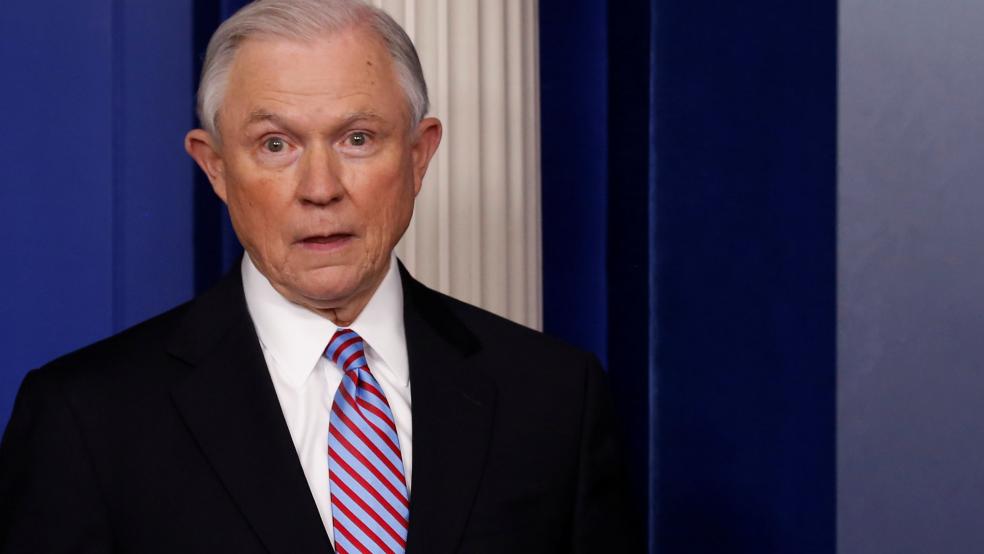President Donald Trump on Tuesday morning declared himself an “environmentalist” in public remarks before meeting with automobile manufacturers, but as the day wore on, he and his new administration seemed intent on realizing the worst fears of the broader conservation movement.
In the same breath in which he characterized himself as an environmentalist, Trump said that he believes that the movement is “out of control” and promised a “very big push” to have more cars built in the United States. He also promised for the second day in a row to roll back regulations that he said are stifling the productivity of U.S. businesses. On Monday, he told a different group of business leaders that he believes he could do away with 75 percent of federal regulations or more.
Related: Trump v. Truth: How Will the New Administration Make Policy?
Just a few hours after the meeting with automakers, Trump signed executive orders that, according to the White House, direct federal agencies to clear the way for construction of two controversial oil pipelines, Keystone XL and the Dakota Access Pipeline. Both are adamantly opposed by environmental groups that say they promote the use of highly-polluting fuels and pose the danger of leaks and explosions.
The Obama administration had essentially killed the Keystone project, and Trump’s plan invites Trans Canada, its builder, to re-submit its application. The Dakota Access Pipeline, subject of intense protests this fall and winter, was indefinitely delayed by the Obama administration before Trump was sworn in last Friday.
As if that wasn’t enough to send environmental activists to the barricades, multiple federal agencies dealing with the environment, agriculture and public health received instructions from Trump administration officials to cease all communications with the public -- and in some cases even with members of Congress.
Speaking from the podium at the White House on Tuesday afternoon, Press Secretary Sean Spicer said that what many began referring to as a “gag order” was simply an effort by the Trump administration to assure that the messages coming out of various government agencies were in line with the new president’s policies.
Related: How the Senate Could Stop Trump's Drive to Slash Federal Spending
However, the fact that scientists at the Environmental Protection Agency, parts of the Department of Agriculture, and the Department of Health and Human Services were instructed to cease all public communication on Tuesday -- a move that appeared to include the publication of new data to the agencies’ websites -- played right into existing fears among many in the scientific community.
Of particular concern is what the new administration’s policies will be with regard to climate science. Trump’s decision to appoint Oklahoma Attorney General Scott Pruitt to head the EPA made it seem clear to many that those policies will not track with the preferences of environmental groups. Pruitt spent much of his time as attorney general filing lawsuits against the EPA, claiming that the agency’s regulations on the oil and gas industry are unconstitutional.
In the months between Trump’s unexpected election victory and his swearing in last Friday, environmental groups and scientific organizations had begun an unofficial effort to gather and safeguard research data and other government information related to the subject of global warming and climate change. The fear among many was that the Trump administration would reduce the focus on climate science within the federal government and that it might also make federally collected data that outside academics and researchers rely on unavailable.
Today’s announcements came just as news outlets began widely reporting on a National Institutes of Health conference on the public health threats posed by global warming that was cancelled, apparently out of concern that the new administration would not approve of it.





